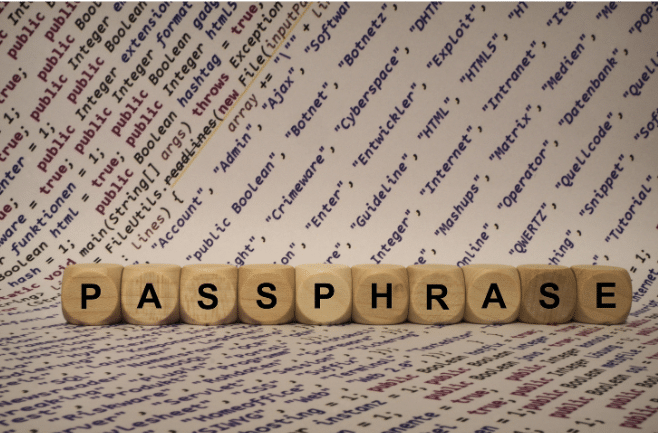In the digital age, where everything from our personal conversations to our financial transactions occurs online, ensuring the security of our passwords has never been more crucial. However, striking a balance between creating strong, complex passwords and remembering them can be a challenging task. Fear not, for in this blog post, we will explore strategies to help you master password security by crafting passwords that are both robust and easy to recall.
1. The Power of Passphrases
One effective technique for creating strong yet memorable passwords is to use passphrases. Instead of relying on a single word, construct a passphrase using multiple words. For instance, “PurpleElephant$JumpingOver@Moon” combines randomness with familiarity, making it easier to remember while also enhancing security.

2. Harnessing Acronyms
Transforming a phrase or sentence into a password using acronyms can be another useful approach. Take the first letter of each word in a memorable phrase and string them together with symbols and numbers. For example, “ILtB@tLotP” for “I Love to Bake at the Lake on the Pier.”
3. Subtle Substitutions
Enhance the complexity of your password by substituting letters with similar-looking characters, symbols, or numbers. For instance, “P@ssw0rd” offers a creative twist to the common word “Password,” making it significantly more secure.
4. Embrace Muscle Memory Patterns

Craft passwords based on keyboard patterns that are easy for you to remember but challenging for others to guess. For instance, “1qaz@WSX” forms a convenient zigzag pattern on the keyboard, making it both memorable and secure.
5. Personal Mnemonics
Utilize personal references such as favorite quotes, song lyrics, or book passages to create passwords. Extract letters or significant numbers from these references to form a unique and memorable password.
6. Consider Two-Factor Authentication (2FA)

Whenever possible, opt for two-factor authentication as an additional layer of security. Even if your password is compromised, 2FA adds an extra barrier, bolstering your overall security posture.
7. Steer Clear of Personal Information
Avoid using easily accessible personal information such as birthdays, names, or significant dates in your passwords. Opt instead for elements that are less predictable and harder to guess.
8. Embrace Randomness
If crafting passphrases feels daunting, consider using random word generators to generate a series of unrelated words. String them together to form a long and complex password that is inherently secure.
9. Leverage Password Managers
Explore the benefits of password managers, which not only generate complex passwords but also securely store them for you. With a strong master password, you can enjoy the convenience of accessing all your passwords while ensuring robust security.

10. Practice Good Password Hygiene
Lastly, remember to practice good password hygiene. Avoid reusing passwords across multiple accounts, regularly update your passwords, and exercise caution when sharing them.
In conclusion, mastering password security involves striking a delicate balance between complexity and memorability. By implementing these strategies and adopting good password hygiene practices, you can fortify your online accounts against potential threats while ensuring easy recall of your passwords. Stay secure, stay vigilant!





